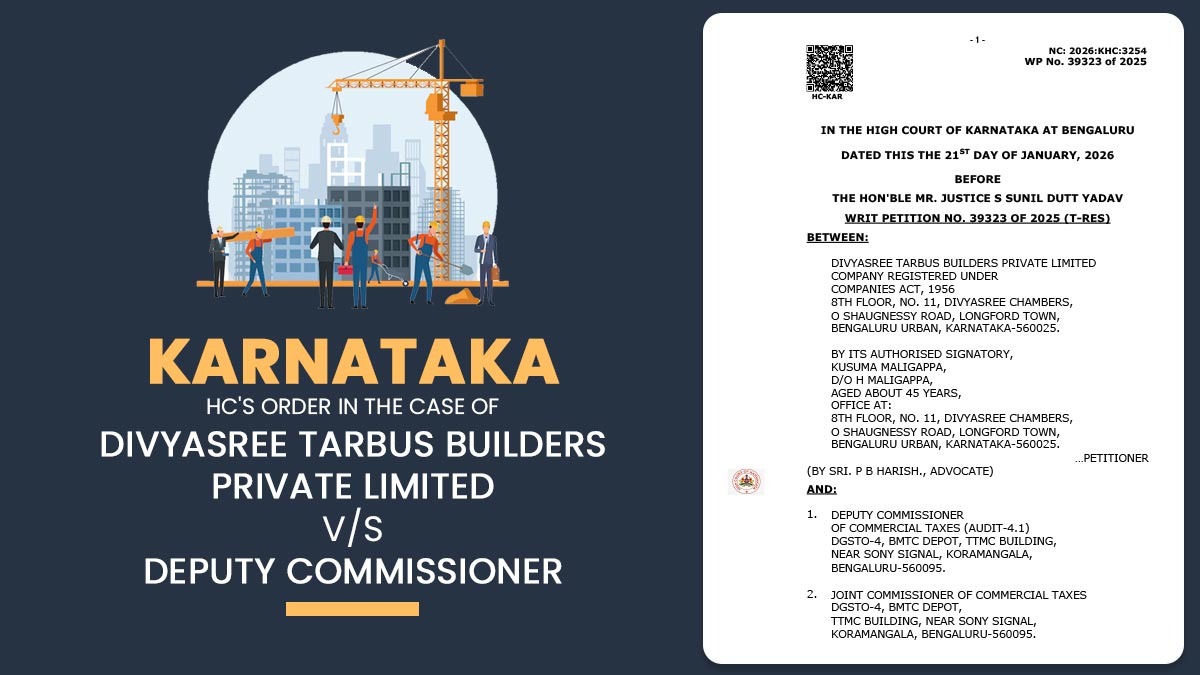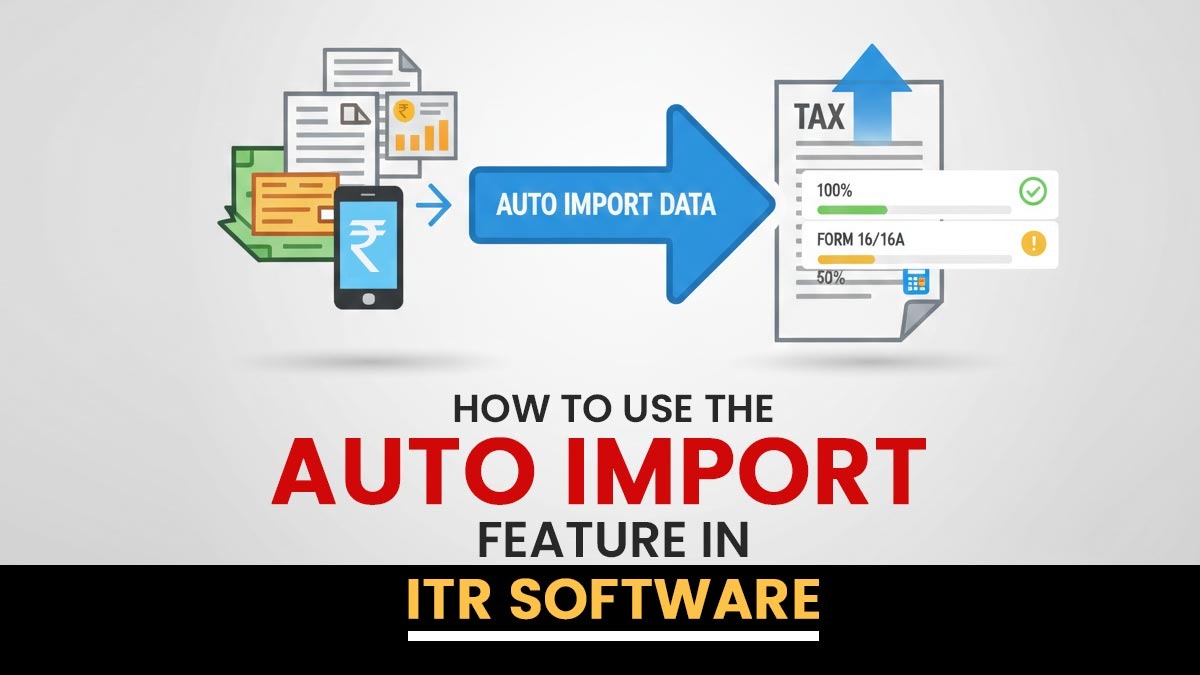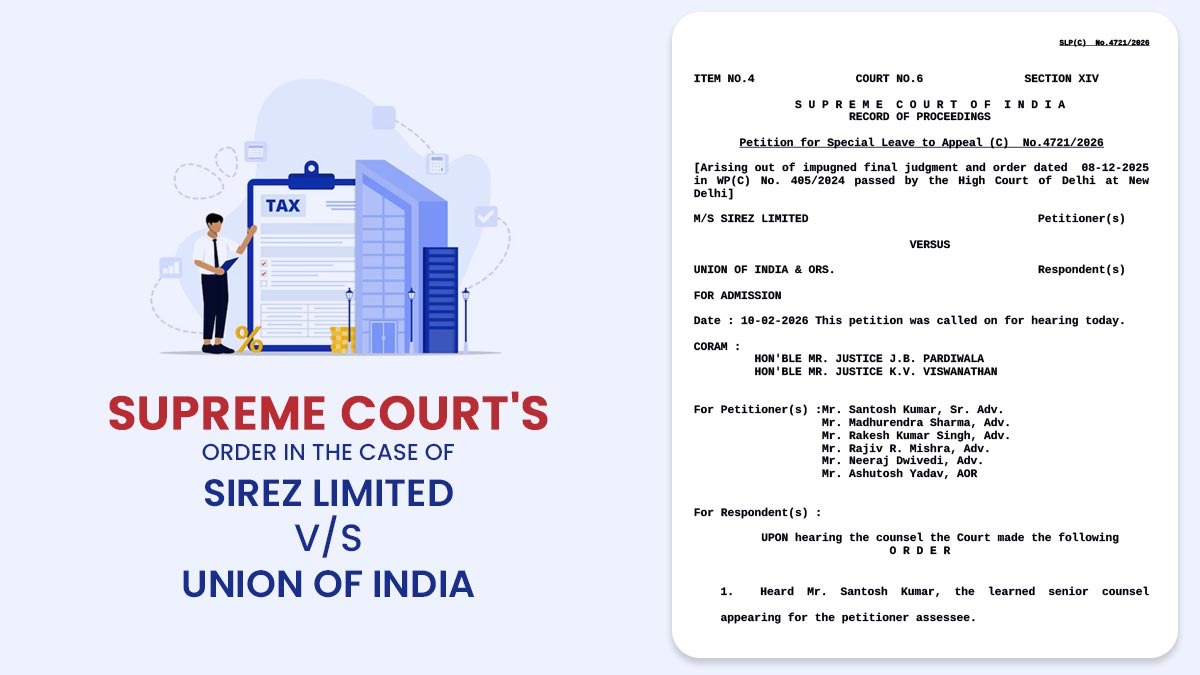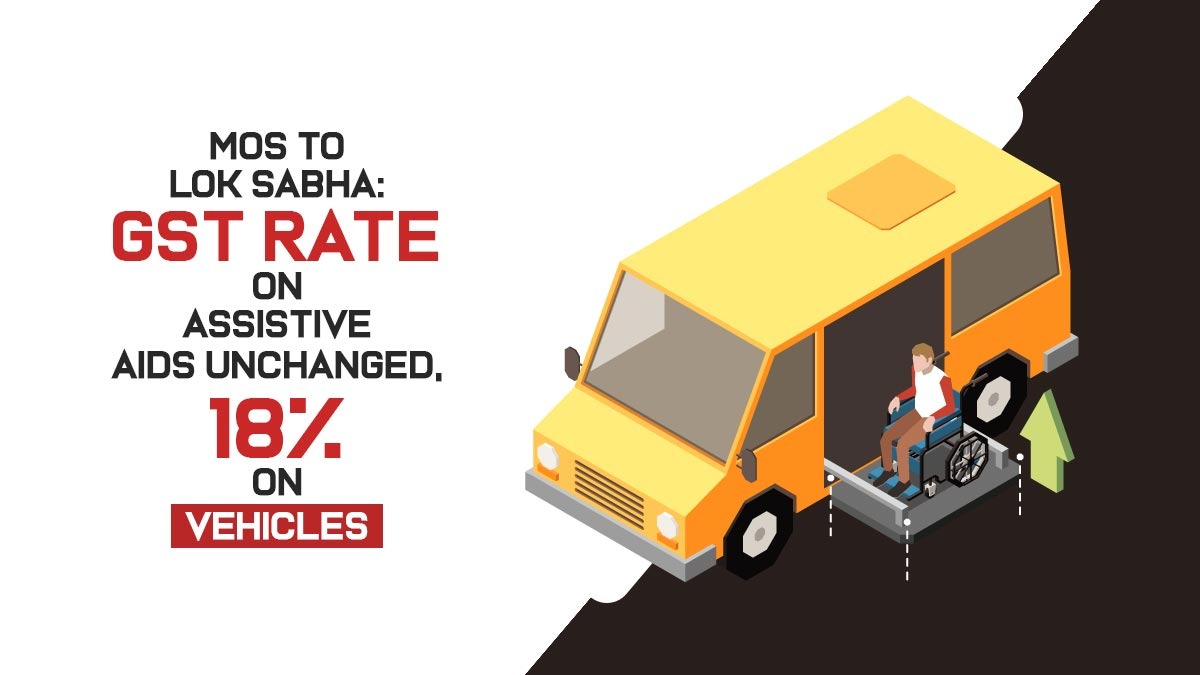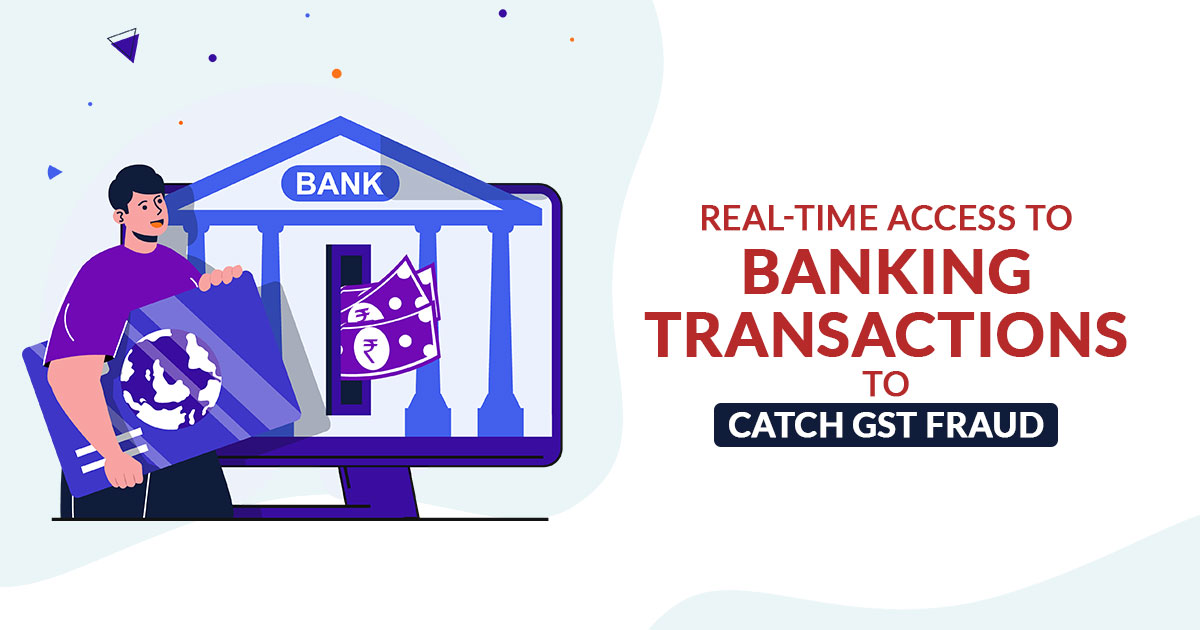
The Goods and services tax authorities would be asking for near real-time access to the banking transactions of the assessees that render to fetch the bogus invoices and more use of the ITC through the businesses sections.
The same procedure complies with the recent investigations that show that the undue tax credits collected via the bogus invoices would be utilised for hawala transactions. In various cases, it revealed that via indirect routes the funds would get returned to the individual who used to generate the bogus invoices. Via these bogus invoices, the shell companies would have been also revealed to route the money.
“Money trail is very important in these cases. While at the time of GST registration, the taxpayer gives details of only one bank account, a business can be using several accounts,” as per the sources that add that in the existing time, the same is difficult to obtain the data on the banking transactions within time.
As per tax experts frequently, by the time the information is made available, the company or person generating the fake GST invoices has already disappeared.
GST officials are now eager to obtain speedier data on banking activities, similar to what income tax authorities have.
To keep an eye out for potential tax evasion, the income tax department receives information on large-value transactions, suspicious transactions, and cash deposits over a specific level.
As per the sources the problem has been carried out by the Central Board of Indirect Taxes and Customs (CBIC) in a bid to constrain tax evasion. However, they stated that additional conversations will be required both internally and with the Reserve Bank of India.
Important: Special All-India Drive Via GST Instruction No. 01/2023 for Fake GSTIN
GST officials also intend to add more databases to their risk factors in order to catch potential tax evaders. This would be more prevalent in service-related sectors because it is harder to demonstrate real service delivery.
Provident fund data, customs data on shipping lines and freight forwarders, railway data, and Panchayati Raj data on services such as buildings and works are all likely to be accessed.
“This would give an idea of the kind of services that are being provided by various companies and if they are paying the right tax and availing input tax credit,” as per the sources. Into the database of the income tax, the GST council would have already planned to proceed and filings of the corporate affairs for verifying the data on assessees and know when they would be paying the correct taxes.
During the period when the GST department is seeing reducing bogus invoicing and tax evasion, the focus would be on tax evasion. A special all-India drive would be conducted from 16 May to 15 July through all the central and state tax administrations to fetch the dubious and bogus GST identification numbers.
The government is eager to increase the taxpayer base by ensuring that individuals who are evading taxes are brought into the tax net. There are over 14 million firms and professions registered under GST.




